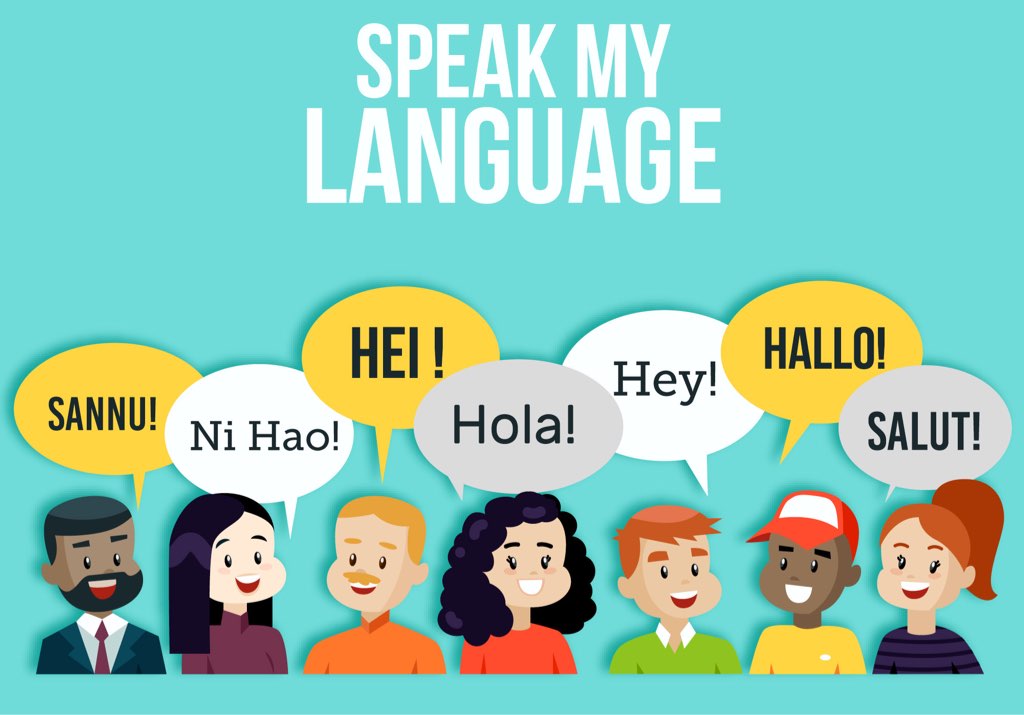Benefits of Learning a Second Language
Learning a second language is an enriching experience that offers numerous benefits. In this article, we will explore the advantages of learning a second language and how it can positively impact your personal and professional life.
Improved Cognitive Skills
One of the key benefits of learning a second language is the improvement it brings to cognitive skills. Research has shown that bilingual individuals have better problem-solving abilities, enhanced memory, and improved multitasking skills. Learning a new language challenges the brain and helps to strengthen neural connections, leading to overall cognitive growth.
Enhanced Career Opportunities
In today’s globalized world, being bilingual or multilingual is highly valued by employers. Companies are increasingly seeking individuals who can communicate effectively with international clients and colleagues. By learning a second language, you open up a wide range of career opportunities, both domestically and internationally. It can give you a competitive edge and increase your chances of landing your dream job.
Improved Cultural Understanding
Learning a second language provides a gateway to understanding different cultures. Language and culture are intertwined, and by immersing yourself in a new language, you gain insights into the customs, traditions, and perspectives of the people who speak it. This cultural understanding fosters empathy, tolerance, and appreciation for diversity.
Enhanced Travel Experiences
When you learn a second language, your travel experiences become more immersive and rewarding. You can engage with locals, navigate through unfamiliar places with ease, and truly immerse yourself in the local culture. Speaking the local language opens doors to authentic interactions and allows you to explore off-the-beaten-path destinations that are not typically accessible to non-speakers.
Improved First Language Skills
Contrary to common belief, learning a second language can enhance your first language skills. As you learn grammar rules, vocabulary, and sentence structures in a new language, you become more aware of the intricacies of your native language. This heightened linguistic awareness can improve your communication skills, grammar, and overall language proficiency.
Delaying Cognitive Decline
Research suggests that learning a second language can help delay cognitive decline in older adults. Bilingualism has been linked to a reduced risk of developing age-related cognitive disorders such as Alzheimer’s disease and dementia. The mental exercise involved in language learning keeps the brain active and may contribute to maintaining cognitive function as we age.

Learning a second language offers a myriad of benefits, ranging from improved cognitive skills and enhanced career opportunities to cultural understanding and delayed cognitive decline. By investing time and effort into learning a new language, you can enrich your life and open doors to new experiences. So why wait? Start your language learning journey today and reap the rewards!
Frequently Asked Questions
1. Why should I learn a second language?
Learning a second language offers numerous benefits such as improved cognitive abilities, increased job opportunities, enhanced cultural understanding, and better communication skills.
2. Will learning a second language improve my brain function?
Yes, studies have shown that learning a second language can enhance brain function by improving memory, problem-solving skills, and overall cognitive abilities.
3. Can learning a second language boost my career prospects?
Absolutely! Knowing a second language can open up a wide range of job opportunities, especially in multinational companies, international organizations, and the tourism industry.
4. Does learning a second language help in understanding different cultures?
Yes, learning a second language allows you to gain a deeper understanding of different cultures, traditions, and perspectives, fostering tolerance and appreciation for diversity.
5. Can learning a second language improve my first language skills?
Yes, learning a second language can enhance your first language skills by improving grammar, vocabulary, and overall linguistic abilities. It also helps in developing a better understanding of language structures.
6. Will learning a second language make me a better communicator?
Definitely! Learning a second language improves communication skills, including listening, speaking, reading, and writing. It enhances your ability to express yourself effectively in different social and professional settings.
7. Can learning a second language improve my problem-solving abilities?
Yes, learning a second language requires critical thinking, problem-solving, and decision-making skills. These cognitive abilities can be transferred to other areas of your life, improving your problem-solving capabilities overall.
8. Does learning a second language have any health benefits?
Yes, learning a second language has been linked to delaying the onset of dementia and Alzheimer’s disease. It keeps your brain active and helps maintain cognitive function as you age.
9. Can learning a second language enhance my travel experiences?
Absolutely! Knowing a second language can greatly enhance your travel experiences by allowing you to communicate with locals, understand their culture, and navigate through different countries with ease.
10. How long does it take to become proficient in a second language?
The time required to become proficient in a second language varies depending on various factors such as language complexity, dedication, learning methods, and immersion opportunities. It can range from several months to several years.




